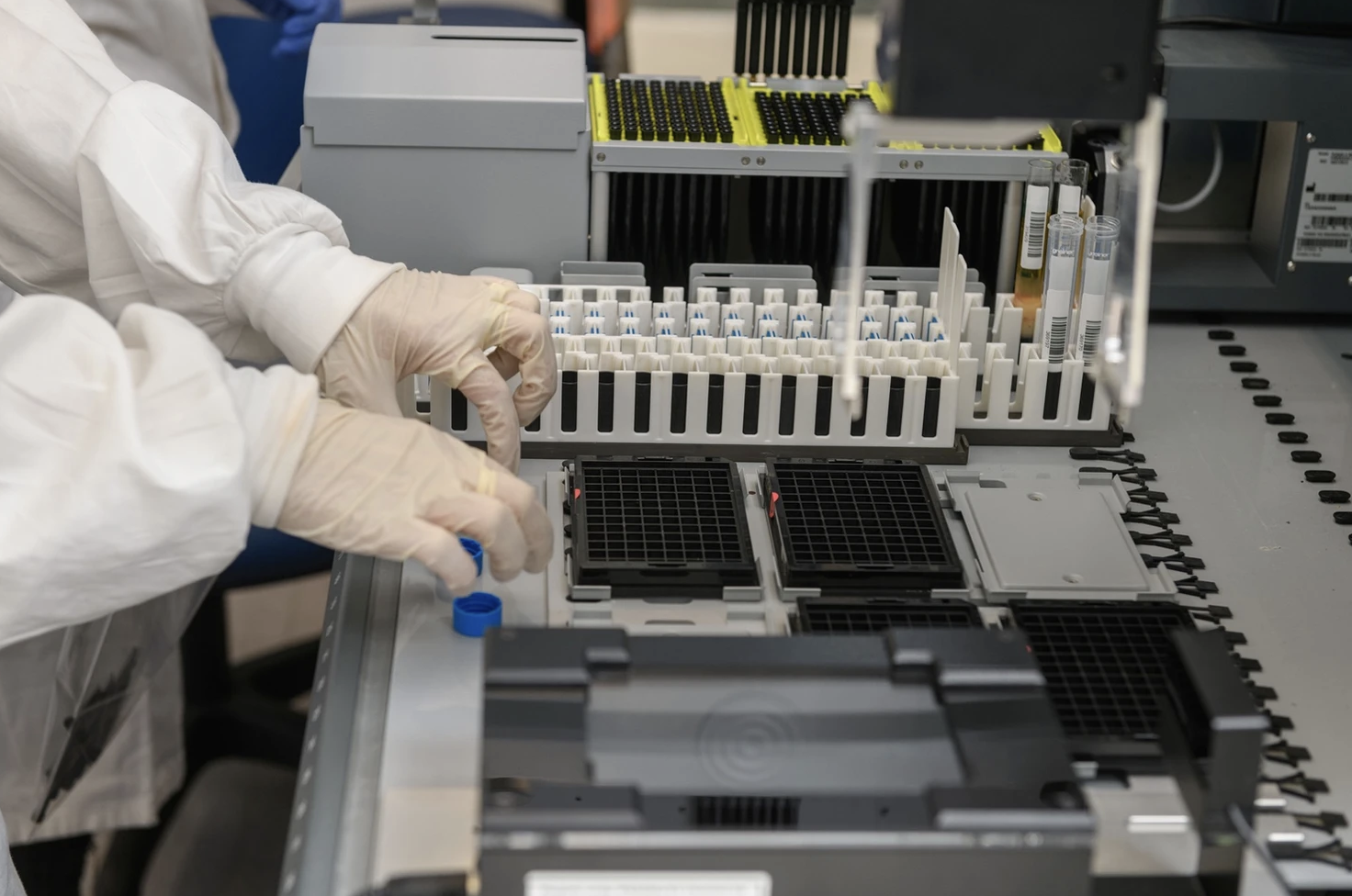Testing the applicability of amorphous calcium carbonate (ACC) for prolonging human endurance in space
בשיתוף:












Enhancing bone forming and muscle cells performances in microgravity conditions by Amorphous Calcium Carbonate
Testing the applicability of amorphous calcium carbonate (ACC) for prolonging human endurance in space
Chief researchers: Amorphical — Dr. Yigal Bloom, Yossi Ben, Moti Tikotinski, Orit Ecker, Sara Neuman. Yossi Yamin and the SpacePharma team
In partnership:












Enhancing bone forming and muscle cells performances in microgravity conditions by Amorphous Calcium Carbonate
Extraterrestrial opportunities will be the focus of the 21st century, driving scientific studies and paving the way for future space settlement. One of the challenges humans must overcome to realize this ambition is the loss of bone and muscle mass caused by prolonged stays in microgravity (six months or longer). Amorphical manufactures a form of calcium called “amorphous calcium carbonate” (ACC), demonstrated by clinical and paraclinical studies to have significantly higher absorption rates that lead to a bigger increase in bone and muscle mass relative to other solutions.
The experiment was conducted by SpacePharma — a biotech company specializing in conducting experiments in microgravity — using their lab-on-a-chip technology. During the experiment, human muscle and bone cells were exposed to media containing amorphous calcium carbonate (ACC), while control cells were not. The researchers then examined the cells’ differentiation with and without amorphous calcium carbonate. This was a follow-up experiment to a previous one conducted through the Ramon Foundation’s Spacelab Project five years ago on mouse bone cells.
Read the scientific paper
Testing the applicability of amorphous calcium carbonate (ACC) for prolonging human endurance in space
بالشراكة:












Enhancing bone forming and muscle cells performances in microgravity conditions by Amorphous Calcium Carbonate






.jpeg)








%20(1).jpeg)
.jpeg)





-min%20(1).jpeg)
.jpeg)














